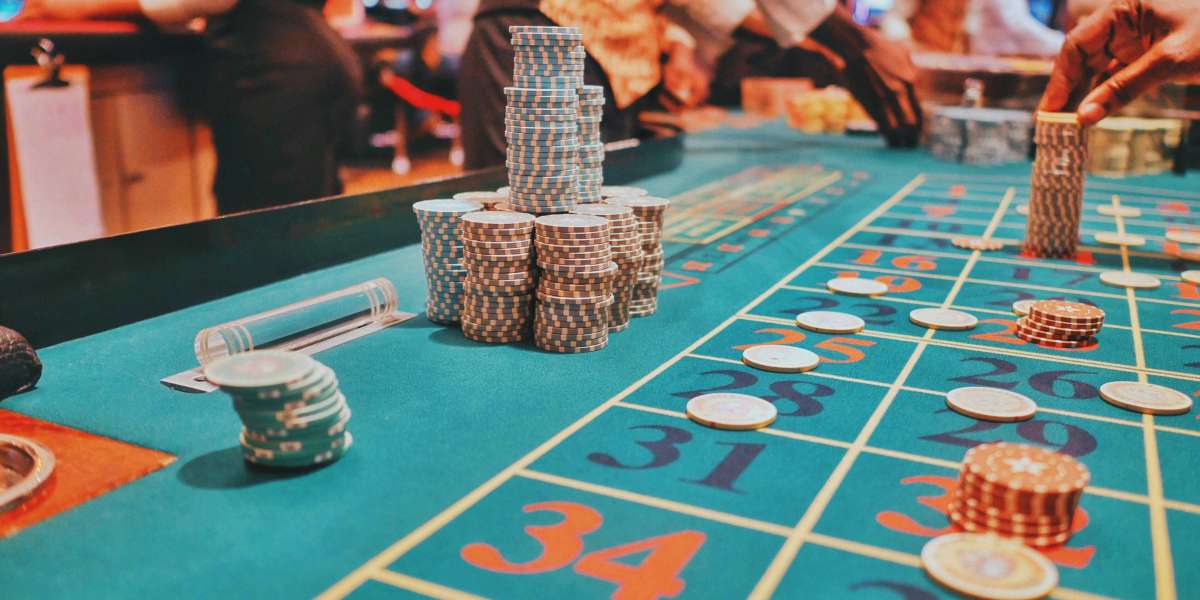ChatGPT said:
From the early days of local bingo halls filled with excitement, chatter, and the thrill of waiting for the next number to be called, gambling has always been an activity that adapts to the times. Traditional gambling games such as bingo, poker, and slot machines have long carried social, cultural, and recreational importance. Today, these once purely physical experiences are rapidly transforming into digital formats, reaching millions of people worldwide through apps, websites, and online casinos. This shift represents more than a change in technology; it reflects evolving lifestyles, global connectivity, and the pursuit of convenience in modern entertainment.
Bingo is one of the most notable examples of this digital transformation. For decades, community bingo halls provided not only entertainment but also a sense of social belonging. Many players would gather weekly, forming friendships and traditions around the game. While these halls still exist, digital platforms have made it possible for people to enjoy bingo anytime and anywhere. With mobile apps offering colorful themes, instant number draws, and interactive chatrooms, the essence of the game has been preserved while expanding access to a much larger audience. Online bingo now reaches people who might never have set foot in a traditional hall, making the game more inclusive than ever before.
Poker has also made a smooth transition into the digital realm. While live poker tables still draw enthusiasts, especially in famous casinos, online poker platforms now allow players to test their skills against opponents from around the world. The move online has added layers of accessibility and variety, with formats ranging from quick, casual matches to high-stakes tournaments. What once required travel to a casino can now be experienced on a smartphone or computer within seconds. This digital evolution has kept the game relevant to younger generations while retaining its reputation as a mix of skill, psychology, and luck.
Slot machines, iconic symbols of gambling entertainment, have undergone perhaps the most visually striking transformation. Traditional slots, with their mechanical levers and spinning reels, have been replaced by digital counterparts harga toto offering endless themes, animations, and interactive features. Online slots are no longer limited to the simple “three cherries in a row” concept. Instead, they now include storylines, bonus rounds, and gamified experiences designed to hold players’ attention. This reinvention has brought slot machines into the modern age, blending nostalgic mechanics with innovative gameplay.
The driving force behind this digital shift is convenience. People no longer need to travel to a casino, bingo hall, or gaming venue to enjoy their favorite activities. Mobile apps and online platforms offer instant access, often with free versions that allow users to play without financial risk. For many, gambling online has become as simple as opening an app, making it easier than ever to fit into daily routines. This accessibility has dramatically expanded the global gambling audience, introducing traditional games to markets far beyond their original cultural roots.
Technology has also enhanced the social aspects of gambling. While the image of online play might suggest isolation, many platforms have integrated chat features, multiplayer options, and even live video streams to simulate the communal atmosphere of physical venues. Bingo apps often include chatrooms where players interact, while online casinos now feature live dealers who host games in real time, bridging the gap between digital convenience and human interaction.
The move to digital, however, is not without its challenges. Critics point to the potential risks of gambling addiction, particularly with the ease of access and the immersive design of apps. Traditional venues had natural limits, such as opening hours or travel requirements, but online gambling is available around the clock. As such, responsible gaming measures, regulations, and self-control tools are becoming increasingly important to ensure that entertainment remains safe and sustainable.
Despite these concerns, the digital transformation of traditional gambling games shows no signs of slowing down. The combination of nostalgia, technology, and global accessibility ensures that classics like bingo, poker, and slots will continue to thrive in new forms. Just as bingo halls once brought communities together, online apps are now connecting players across continents, creating a new kind of social and cultural experience. Gambling, at its core, has always been about entertainment and chance, and its ability to adapt ensures its survival in a rapidly changing world.




